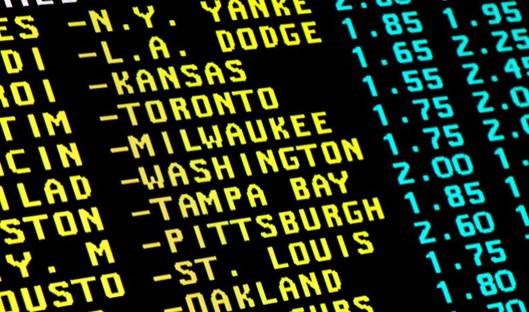The Ohio Senate officially proposed its version of sports betting legislation on May 6, 2021. SB 176 will undergo committee hearings beginning May 12, 2021. To review the Ohio Legislative Service Commission’s complete summary and analysis click here.
Who will be permitted to wager on sports in Ohio?
Individuals 21 years and older who are physically present in the state of Ohio at the time of the wager. For example, location based technology will be required for type A licensees to prohibit individual who are not physically present in Ohio from participating in sports gaming through the online sports pool.
What is a “type A license” under Ohio’s newly proposed sports betting legislation?
Ohio’s sports betting legislation introduced last week, requires the Ohio Casino Control Commission (OCCC) to license not more than 20 type A sports gaming agents to offer sports betting on a first-come, first served basis. These type A licenses will be offered through online sports pools such as DraftKings, Barstool, or FanDuel. The license allows a website and accompanying mobile application, under one brand name, through which the sports gaming agent accepts wagers from individuals who are at least 21 and who are physically located in Ohio.
Notably, Ohio currently has 11 casinos and racinos and 9 professional sports teams/leagues that will likely seek out these type A licenses. Licenses will cost $1 million and will be valid for three years.
What is a “type B license” under Ohio’s newly proposed sports betting legislation?
In addition to the type A licenses, the legislation authorizes in-person sports gaming through 20 licenses issued by the OCCC to type B sports gaming agents to operate one sports gaming facility per license. At these brick-and-mortar establishments, the sports gaming agent will accept wagers on sporting events from individuals in-person or using self-service sports gaming equipment.
These sports gaming facilities may not be located on the premises of a casino. However, casinos and racinos may still apply for a type B license if the facility is opened offsite.
What will Ohioans (and individuals visiting the state) be able to wager on?
Under Ohio’s sports betting legislation proposal, Ohioans (and those visiting the state) will be able to wager on any professional sport or athletic event and collegiate sport or athletic event. Other permitted events included, Olympic or international sports competition event, motor race event, or any other special event the appropriate commission authorizes for sports gaming, such as horse racing.
The legislation prohibits betting on any sport or athletic for primary or secondary schools students. Think high school sports.
Permitted wagers will include parlays, over-under, moneyline, in-game wagering, single-game bets, teaser bets, in-play bets, proposition bets, pools, straight bets, among others.
Lastly, if an individual does not claim a winning wager from a sports gaming agent within one year from the last day on which the sporting event is held, the sports gaming agent’s obligation to pay the winnings expires. The sports gaming agent will remit the winnings to the commission, which will deposit the monies in the sports gaming revenue fund.
When will sports betting be available in Ohio?
January 1, 2022. Under the current legislation proposal, sports betting will not occur before January 1, 2022.
Where will sports betting revenue be allocated in Ohio?
Education. The bills imposes a 10% tax on a sport’s gaming agent’s net revenue. The sports gaming tax will be administered in much the same way as the state’s existing tax on casino revenue. 98% of the money from sports betting in Ohio will be used for K-12 education. 2% of the money transfers to the Problem Sports Gaming and Addiction Fund. That money pays the costs of program services to alleviate problem sports gaming in Ohio.
Crabbe, Brown & James works with clients to navigate Ohio’s administrative agencies and the many complex rules and regulations. Through our litigation and regulatory compliance teams, we represent gaming clients with licenses and operations in dozens of states. Currently, we are working with the OVFCC in its effort to legalize e-bingo in Ohio. Electronic bingo is part of the sports betting legislation discussed herein. To be sure, our legal team is uniquely positioned to advise and assist clients in this developing area of commerce.

